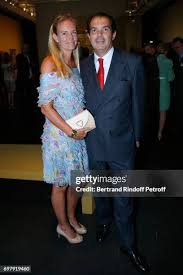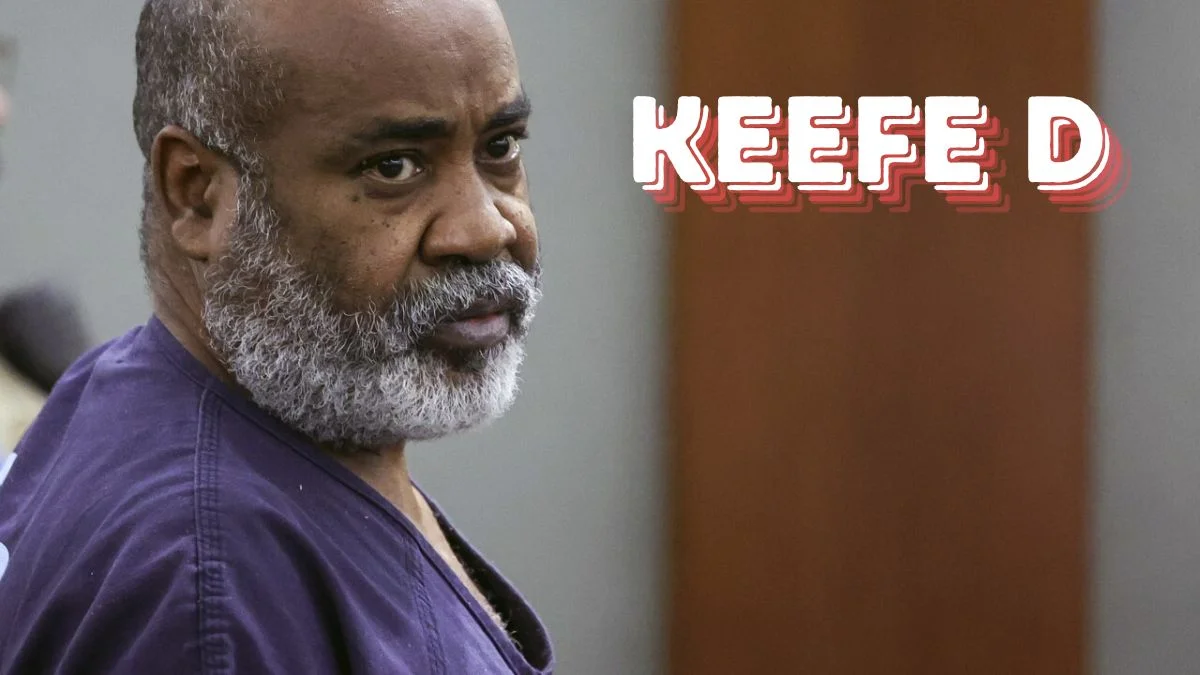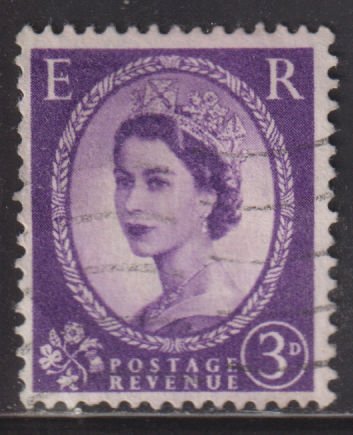
Introduction
Prince Charles, now the King of the United Kingdom, has consistently been a figure of significant importance within both royal and national contexts. His unique approach to contemporary issues and long-standing interests has positioned him as a modern monarch. As the first British heir apparent to embrace sustainability and charitable work with such fervour, Prince Charles’s influence reaches far beyond traditional duties.
Recent Developments
Following the passing of his mother, Queen Elizabeth II, in September 2022, Prince Charles ascended to the throne as King Charles III. Since taking on this role, he has been vocal about his commitment to environmental issues and has continued championing various charitable causes. His long-term project, The Prince’s Trust, has made substantial strides in supporting young individuals across the UK. Recent reports indicate that the Trust has helped over 1 million young people since its inception in 1976, providing support for employment and education.
Initiatives for a Sustainable Future
One of King Charles III’s core passions has been to advocate for sustainability and combatting climate change. He initiated several initiatives, including the ‘Terra Carta’, which aligns the private sector with climate and sustainability goals. This initiative has garnered significant attention as businesses seek to meet the sustainable objectives highlighted in global climate agreements. His advocacy was showcased during the United Nations Climate Change Conference (COP26) in Glasgow, where he addressed world leaders on the urgency of taking decisive action.
The Role of the Modern Monarchy
Moreover, the modern monarchy under King Charles III is shifting towards greater transparency and connectivity with the public. His recent tour in Canada highlighted efforts to engage with communities and address their real-time concerns. Observers report that the public resonates with his efforts to bring the monarchy into a more relatable and accessible position.
Conclusion
As King Charles III continues his reign, his significant influence on contemporary issues, particularly sustainability, will likely play a vital role in shaping the future of the British monarchy. His dedication to fostering relationships with the public and addressing pressing challenges only serves to enhance his relevance in a rapidly changing world. As we move forward, the monarchy under his guidance may transform, making strides to meet the expectations of a modern society while preserving the traditions that have long anchored its legacy.
You may also like

Keefe D: Unveiling His Role in Hip-Hop’s History

The Legacy of Queen Elizabeth II: A Historic Reign
